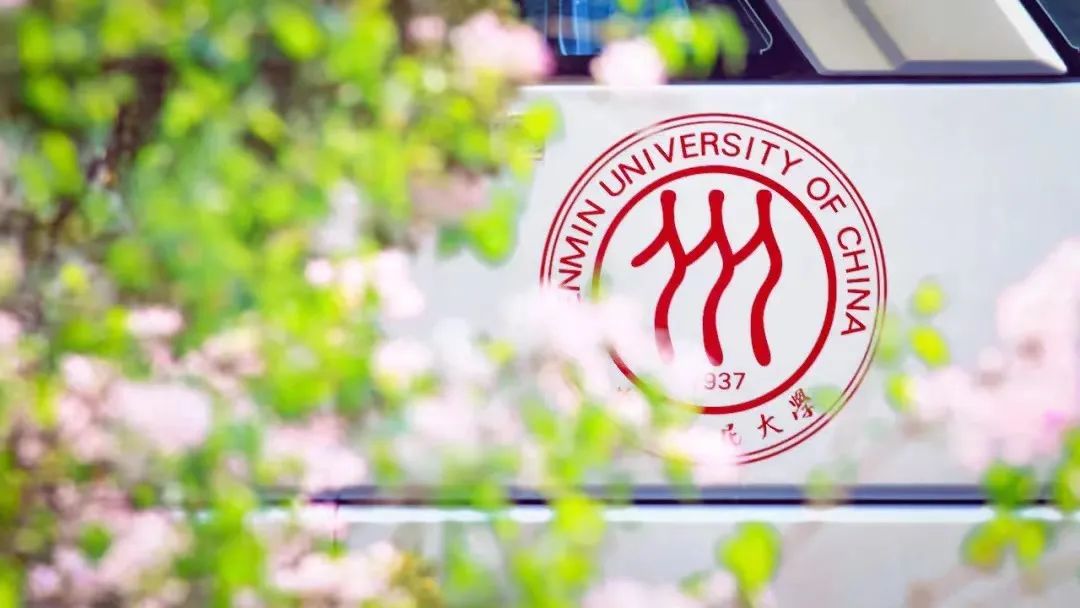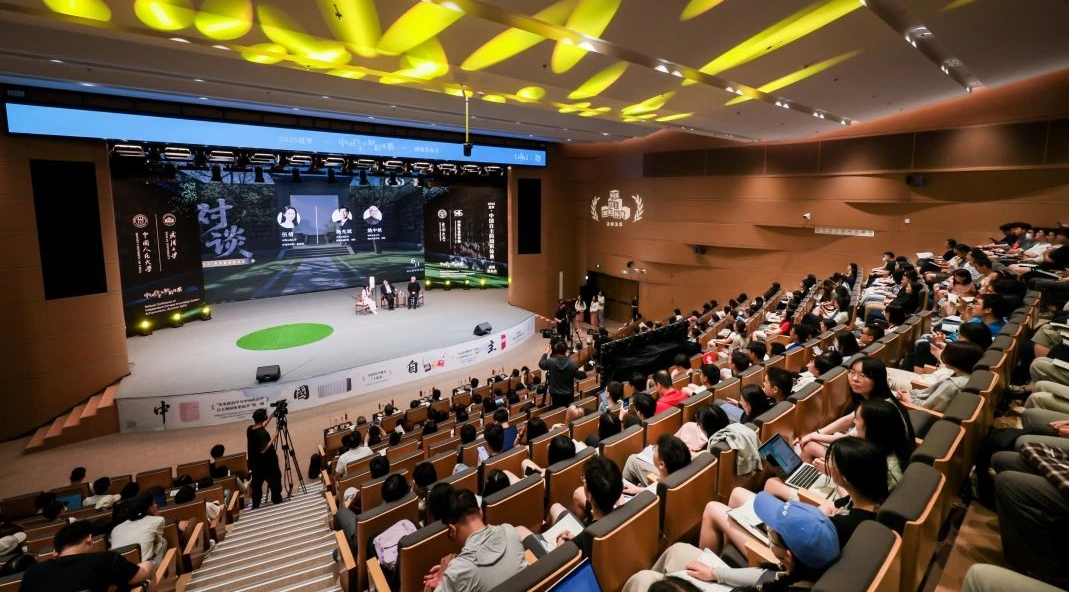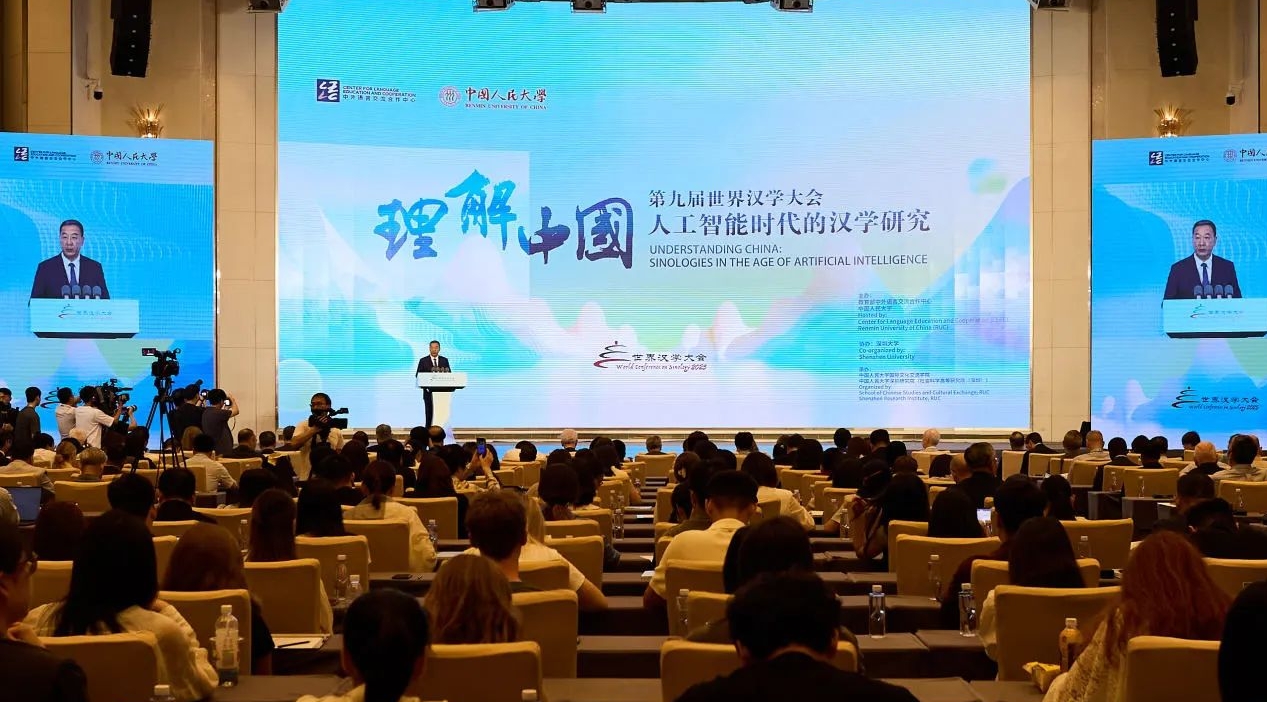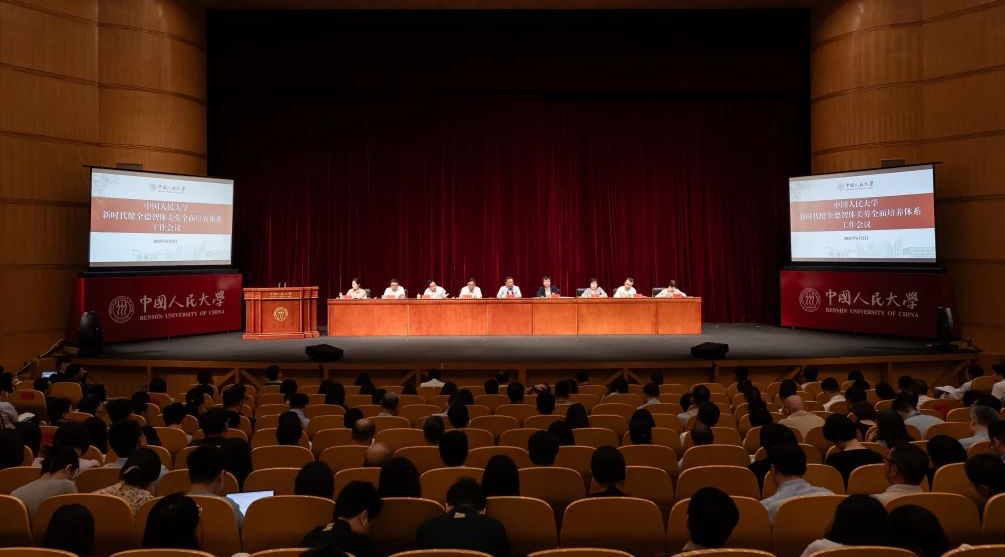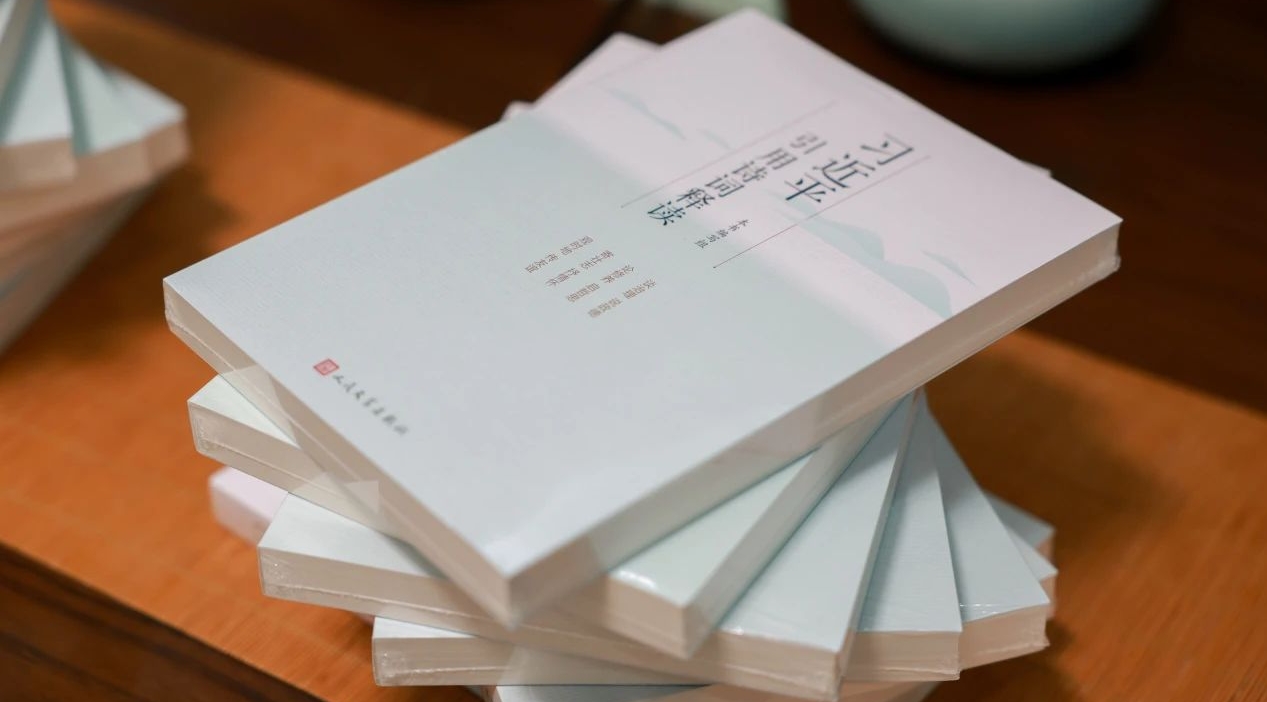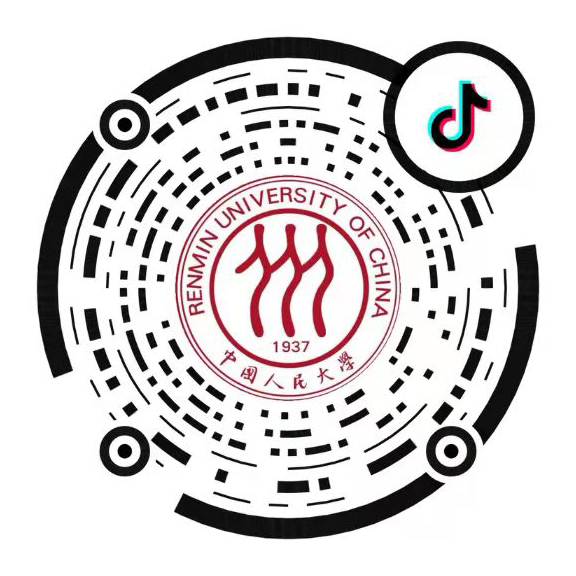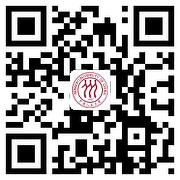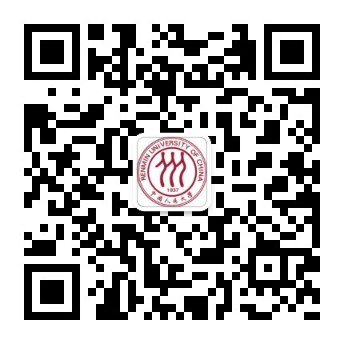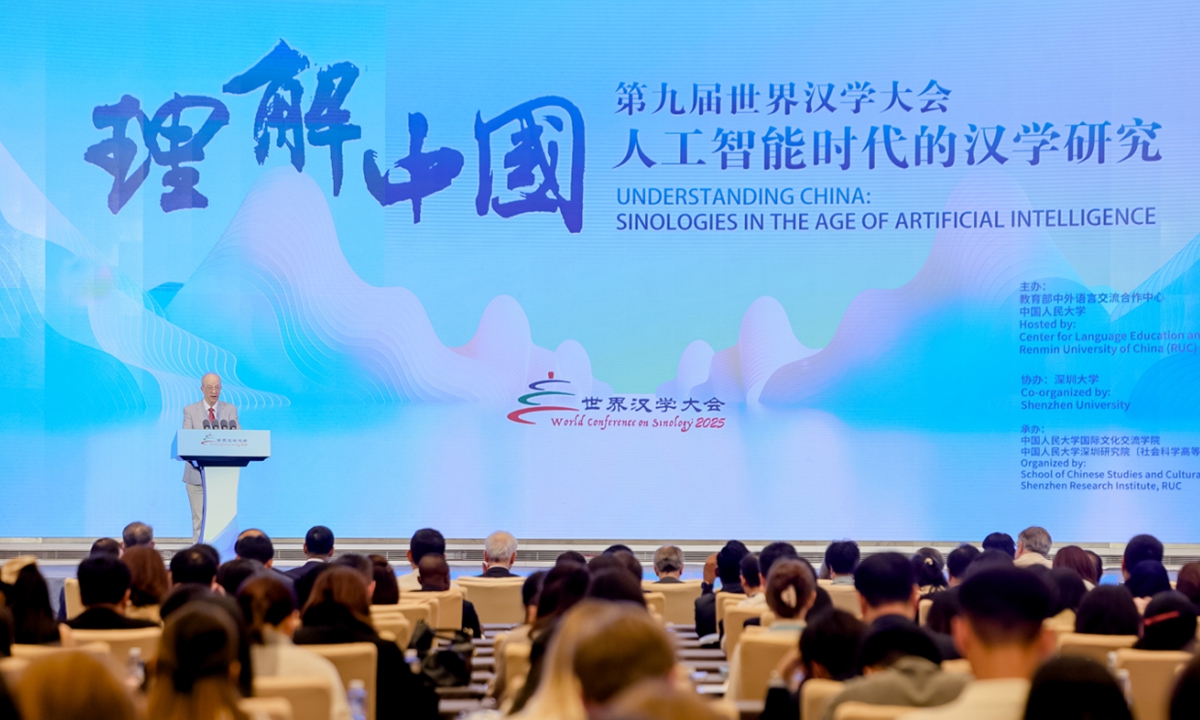
(Photo: Courtesy of World Conference on Sinology 2025)
Ahead of the United Nations' first International Day for Dialogue among Civilizations on Tuesday, the World Conference on Sinology 2025 concluded in Shenzhen, South China's Guangdong Province on Saturday. With the theme "Understanding China: Sinology in the Age of Artificial Intelligence," the event brought together nearly 200 scholars from more than 50 countries to explore how AI is reshaping sinology and opening new paths for studies in the field.
"Sinology and China studies are not just academic disciplines, they are also a mission: to listen, to interpret and to build bridges between cultures," Igor Radev, chair scholar at the Sinology Knowledge Center of North Macedonia and a representative of young sinologists, told the Global Times on Sunday.
"As young sinologists, we are not only scholars studying Chinese civilization - we are also bridges connecting different cultures. Our work carries moral significance and has a positive impact on the world," Radev noted.
According to Radev, a more inclusive global perspective on sinology and China studies is needed, one that acknowledges the historical depth of Chinese civilization and its long-standing exchanges with other cultures, while also embracing diverse voices, methodologies and intellectual traditions.
The Sinology 2025 focused on how rapid advances in AI are reshaping sinology and China studies. From its theme to core discussions, the event emphasized an in-depth dialogue between traditional humanities and emerging technologies, offering a fresh digital-age perspective on the quest to "understand China," according to the China News Service (CNS).
Alexander Lukin, chairman of the department of International Relations at Russia's National Research University Higher School of Economics, examined how AI is influencing the development of sinology in Russia. He noted that while AI brings opportunities, it also presents challenges, underscoring the importance of maintaining the human dimension in research and education.
Zhang Xiaojing, chair of the School Council and researcher with the School of International Studies, Renmin University of China, emphasized that area studies - as an emerging interdisciplinary field - must seize the opportunity to break down academic silos and accelerate integrated development. Zhang called for systemic efforts to build "new liberal arts" frameworks capable of meeting the challenges posed by AI.
Besides focusing on AI's impact, the conference also highlighted the importance of fostering the next generation of global sinologists, hosting a roundtable for young scholars to spark innovative thinking and ensure the sustainable development of China studies, according to the CNS.
At the young sinologists' roundtable, scholars from various countries and regions engaged in in-depth discussions on the evolving paths of sinology research in the context of AI. Ke Pei, a scholar from the Pontifical Catholic University of Peru, illustrated how the Chinese animated film Ne Zha 2 has spread across Latin America, highlighting the role of digital media as a vital carrier for cross-cultural storytelling and understanding.
Additionally, Gu Minde, a doctoral student in the "New Sinology Program" established in 2013 and jointly run by Ludwig Maximilian University of Munich and Renmin University of China, focused on AI's role in advancing inter-civilizational dialogue. He emphasized that in the era of large AI models, sinology research should pay greater attention to extending humanistic values and establishing ethical frameworks for technology, according to the Ministry of Education's Center for Language Education and Cooperation.
Diverse exchanges among young scholars demonstrate the integration of traditional sinology with contemporary technologies, injecting fresh ideas and vitality into the sustainable development of international sinology in the AI age, according to the CNS.
"AI is reshaping the way global knowledge is produced, presenting both challenges and opportunities for sinology research," Wang Deyan, chair of the Chinese Department at North China University of Technology, told the Global Times on Sunday.
"Young scholars play a crucial role in this transformation," he said.
"They not only possess interdisciplinary backgrounds and technological sensitivity but also have the ability to build bridges between technology and culture."
Wang pointed out that traditional sinology emphasizes textual research and historical depth, while the introduction of AI technology allows researchers to reconsider the logic of text and the generation of meaning within the context of big data.
Regarding the development of young sinologists, Wang stressed, "Cultivating interdisciplinary sinologists with a solid foundation in the humanities and an understanding of technology is the key fulcrum for future civilizational dialogue and cross-cultural understanding."
Echoing this vision, the conference took a concrete step by officially launching the "New Sinology Program" postdoctoral project. Jointly implemented by the Center for Language Education and Cooperation and several renowned domestic and international universities, the program aims to cultivate young sinology researchers with a global vision. To date, it has supported 1,080 sinology doctoral students in 99 countries, gradually establishing a training framework that spans both doctoral and postdoctoral stages, according to the Center for Language Education and Cooperation.
原文链接:[环球时报]World Conference on Sinology wraps up in Shenzhen, China




